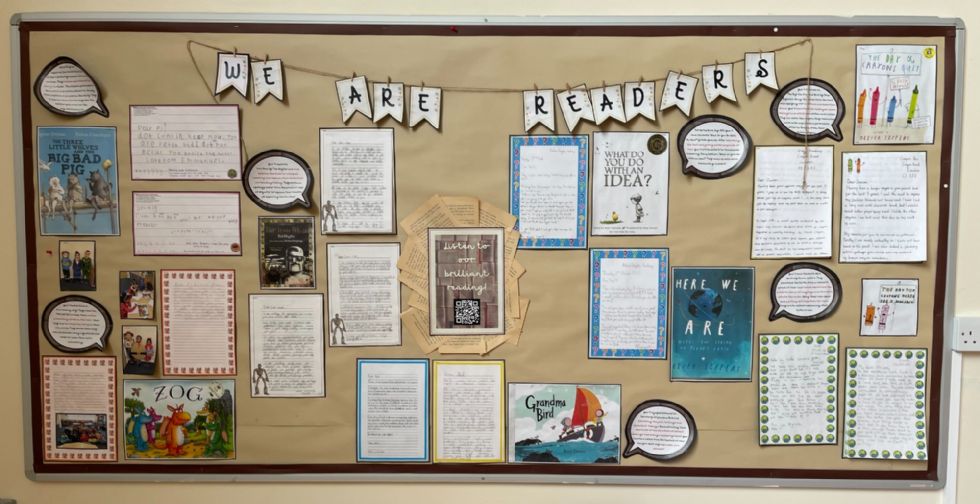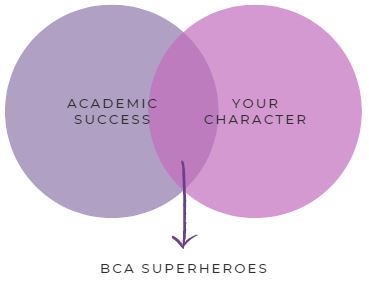Reading
Intent
Reading is one of the first things that children learn when they start school. It is the foundation of all education. When children can read, other subjects then become available to them and independent learning can begin. Those who are unable to read well will find themselves at a constant disadvantage throughout their education.
Implementation
We aim to develop pupils’ competence in the dimensions of;
- word reading
- comprehension (both listening and reading)
Skilled word reading involves both the speedy working out of the pronunciation of unfamiliar printed words (decoding) and the speedy recognition of familiar printed words. Underpinning both is the understanding that the letters on the page represent the sounds in spoken words. This is why phonics should be emphasised in the early teaching of reading to beginners (i.e. unskilled readers) when they start school.
Good comprehension draws from linguistic knowledge (in particular of vocabulary and grammar) and on knowledge of the world. Comprehension skills develop through pupils’ experience of high-quality discussion with the teacher, as well as from reading and discussing a range of stories, poems and non-fiction. All pupils must be encouraged to read widely across both fiction and non-fiction to develop their knowledge of themselves and the world in which they live, to establish an appreciation and love of reading, and to gain knowledge across the curriculum. Reading widely and often increases pupils’ vocabulary because they encounter words they would rarely hear or use in everyday speech. Reading also feeds pupils’ imagination and opens up a treasure-house of wonder and joy for curious young minds.
At Bishop Creighton Academy, we have developed a rigorous approach to teaching our children reading. Phonics lessons are taught daily in Reception and Year 1 using the Bug Club Phonics scheme. No child is left behind as progress is tracked and checked regularly, with the aim that children will be fluent readers by the time they leave Year 2. In Year 2, children begin to take part in Shared Reading sessions, building on their fluency and comprehension skills.
In Key Stage 2, daily whole class Reading lessons are taught, exposing the children to a range of texts and authors and equipping children with the skills they need to access more complex books. The consistent approach across the key stage ensure that expectations are high in every classroom and children make rapid progress. There is clear progression between year groups, mapped out from Years 1 to 6. Alongside lessons, Bedrock Vocabulary software is used to explicitly teach vocabulary both in school and at home, highlighting the importance we place on developing a word-rich culture. A strong partnership between home and school is encouraged, with reading in school recorded in planners in Key Stage 2 and in reading records in Key Stage 1. Reading Eggs software can be used by children at home to further build on their learning in school.
Throughout the academy, the use of Accelerated Reader aims to foster reading for pleasure and independent reading, with children selecting books based on their interests as well as their ability levels. Regular assessment ensures children's needs are matched precisely and all children are heard read on a regular basis to adults in school, with the most vulnerable 20% of readers carefully monitored. Experiences such as author visits and celebrating World Book Day continue to nurture a love of reading and books.


